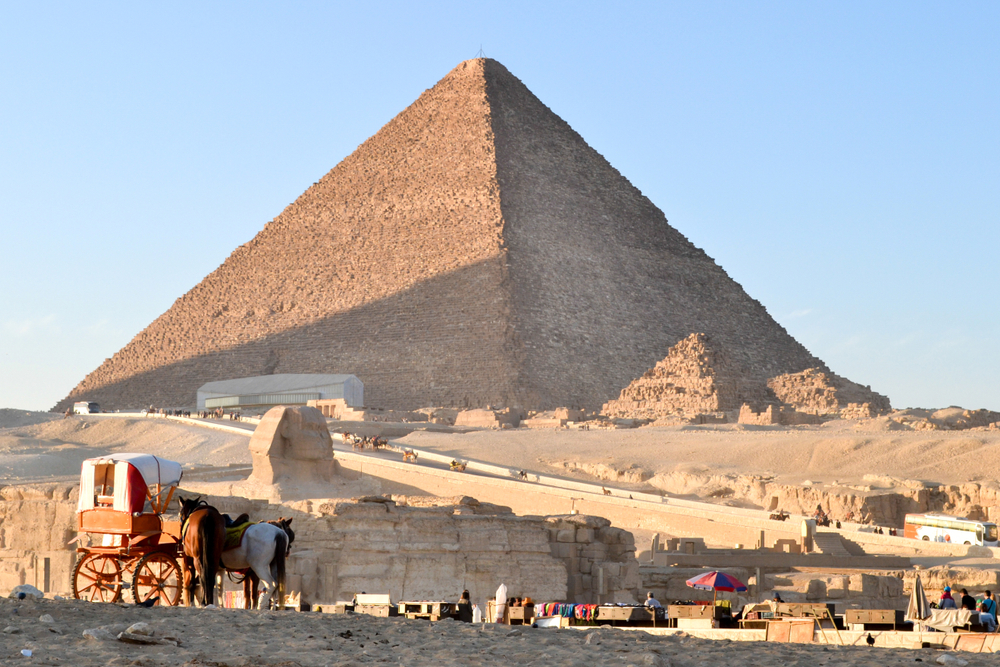Sir — A man recently landed in prison for climbing one of the pyramids in Giza. Although he says he did it for a good cause — spreading the message of peace and asking for help for Australia — historic monuments cannot be treated lightly. Archaeological sites bear on them priceless details that experts unearth with a lot of care. Those without training may ruin these sites. Even if any damage caused is unintentional, it is irreparable and thus unforgivable. One wishes India took its historic monuments — which are damaged with impunity — as seriously as Egypt takes its historic sites.
Kakoli Das,
Calcutta
Perverse pleasure
Sir — The French existentialist, Albert Camus, had once said that the joy among people anticipating an execution is the primary reason why the death penalty still exists in the world. His words ring absolutely true in context of present-day India; the nation is eagerly awaiting the executions of four convicts in December 2012 gang-rape and murder case. This enthusiasm is a telling sign of the ghastly times we live in. It is this same mentality for blind revenge that led people to rejoice the extrajudicial killings of the four alleged culprits in the Hyderabad gang-rape case by the police.
Capital punishment has no place in a civilized society as it has been proved numerous times that it does not serve as a deterrent. Capital punishment is mired in profound ethical and judicial dilemmas. How can a State, which is supposed to protect its citizens, officially eliminate some of them, no matter what their crimes have been? Capital punishment does not go beyond the immediate gratification of vindictiveness. Any civilized and right-minded person would be disgusted by the thought of capital punishment. But the question is, are there any such people left?
Shovanlal Chakraborty,
Calcutta
Sir — The concept of justice cannot exist without the idea of reform. Capital punishment is thus a travesty of justice; it is giving in to the mob’s desire for revenge.
Roshni Sen,
Calcutta
Crowded space
Sir — Cities across the globe are witnessing traffic congestion owing to the growing number of private vehicles. The paucity and poor quality of public transport are forcing people to switch to private modes of transportation. Further, available modes of public transport like buses and metros are not exploited to the fullest because of inadequate planning.
Civic planners and policymakers should come up with incentives for people to opt for public transport. Businesses can ask their employees to use public transport occasionally or even provide mandatory carpool or shuttles. Further, for people who can work from home, flexible timing must be ensured and they must be encouraged to work from home. This will not only reduce the number of cars on the road but will also bring down pollution, reduce dependency on fossil fuels and traffic congestion to a great extent.
Varun Dambal,
Bangalore
Parting shot
Sir — Meghna Gulzar must be lauded for her bold attempt for choosing an important social issue for her film, Chhapaak. The film presents the trials and the pain that survivors of acid attack go through. The film is a painful reminder of India’s inability to eradicate the social evil of acid attacks. This failure is borne out by the latest figures released by the National Crime Records Bureau; it reveals that 228 acid attacks occurred in 2018 and two out of every three victims are women. What is worse, only 28 criminals were held guilty for this heinous crime. This aggravates concern about the safety of women in India.
Delay in legal procedures lends a sense of impunity to the perpetrators. While victims are condemned to a life of agony, impairment, financial difficulties and humiliation, perpetrators roam free. The easy availability of acid makes this method of attack very common. Laws must be enacted and strictly enforced to prevent such crimes.
Venu G.S.,
Kollam, Kerala










